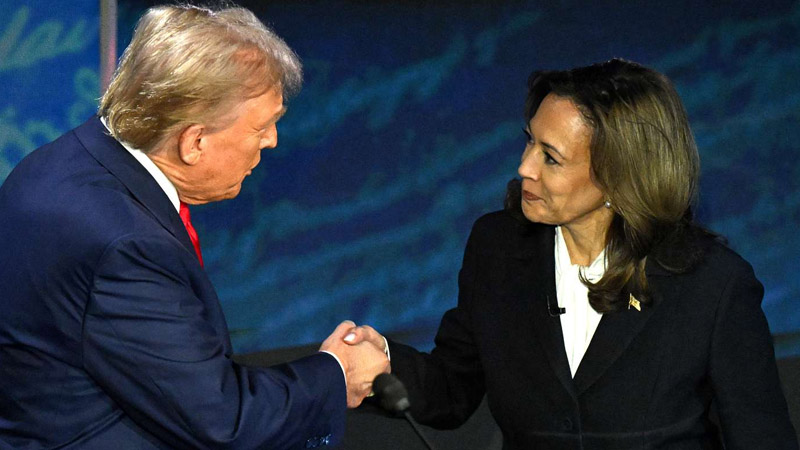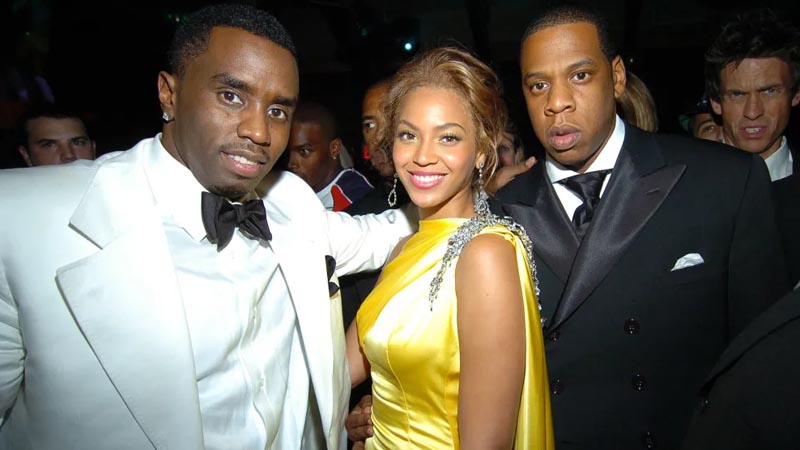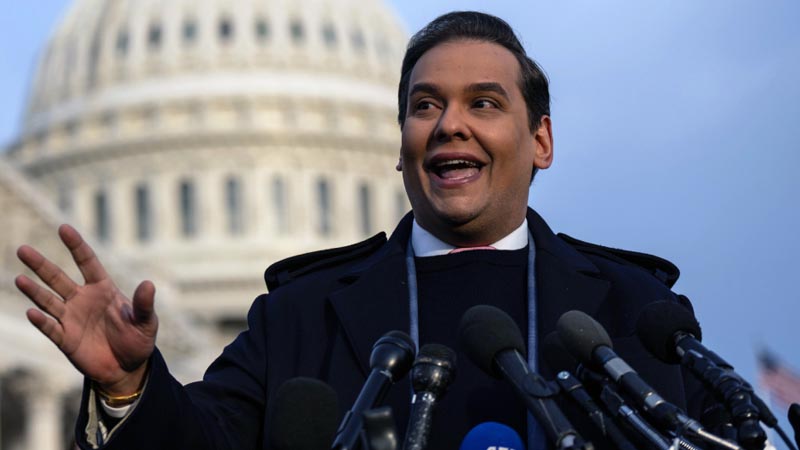David Brooks: 2024 Election is ‘Happening Too Soon’ for Meaningful Change

US Vice President Kamala Harris and former President Donald Trump at the second presidential debate in Philadelphia’s Pennsylvania Convention Center. (Photo Credit: Doug Mills/The New York Times/Bloomberg via Getty Images)
In a candid reflection on the state of American politics, New York Times columnist David Brooks expressed his disillusionment with the upcoming 2024 election, arguing that it is “happening too soon” for the kind of national renewal he had once hoped for. In a piece published Thursday, Brooks admitted that he had placed too much faith in the ability of this election to resolve the deep divisions and cultural tensions gripping the country.
Brooks lamented that he had initially viewed this year’s election as a potential turning point, where Democrats might defeat what he described as “MAGA populism” and guide the nation toward a better, more unified path. However, he now believes that such an outcome is unrealistic. “That’s clearly not going to happen,” he wrote, predicting that the race will be tight no matter who wins, and that the country will remain bitterly divided.
Reflecting on his earlier expectations, Brooks admitted, “In retrospect, I think I was expecting too much of politics.” He argued that certain sociological and cultural forces are so deeply ingrained that politicians have limited power to change them. “When certain sociological and cultural realities are locked in, there is not much politicians can do to redirect events,” Brooks wrote, highlighting the limits of political leadership in the face of entrenched divisions.
Despite the billions of dollars being spent on the 2024 election, Brooks noted that the nation remains deadlocked in the polls, with neither side gaining a decisive advantage. Rather than viewing politicians as “master navigators” leading the country into a new future, Brooks suggested that they are more like “surfers who ride the waves created by people further down in the core society.”

In this analogy, politicians are reactive rather than visionary, shaped by the forces of society rather than shaping them. As the nation shifts rightward on key issues like immigration and the economy, Brooks argued that this election is premature. “This election is happening too soon,” he stated. He explained that the country lacks the cultural and civic foundations necessary for meaningful political and legislative reform.
“It’s happening before cultural and civic preconditions are in place that might turbocharge political and legislative reform,” Brooks wrote. He also suggested that it is “simply unfair” to expect Vice President Kamala Harris, who has only been a presidential candidate for a few months, to present a comprehensive vision for national renewal under these challenging conditions.
Brooks further critiqued the nature of modern political leadership, arguing that politicians, particularly when running for office, are more focused on pleasing voting blocs than on being true visionaries. “Politicians, especially when running for office, are professional opportunists, trying to please voting blocs. They are rarely visionaries,” he remarked.
Ultimately, Brooks emphasized that lasting change must come from within society itself, not just from political leaders. “For a whole society to change, the people in the society have to want to change themselves,” he wrote. He warned that as long as the country remains “a smug, self-satisfied, ‘I am right’ nation,” it will be stuck in a cycle of division and stagnation. Brooks’ analysis paints a sobering picture of the 2024 election and the limitations of political leadership in overcoming the country’s deep-seated challenges.


